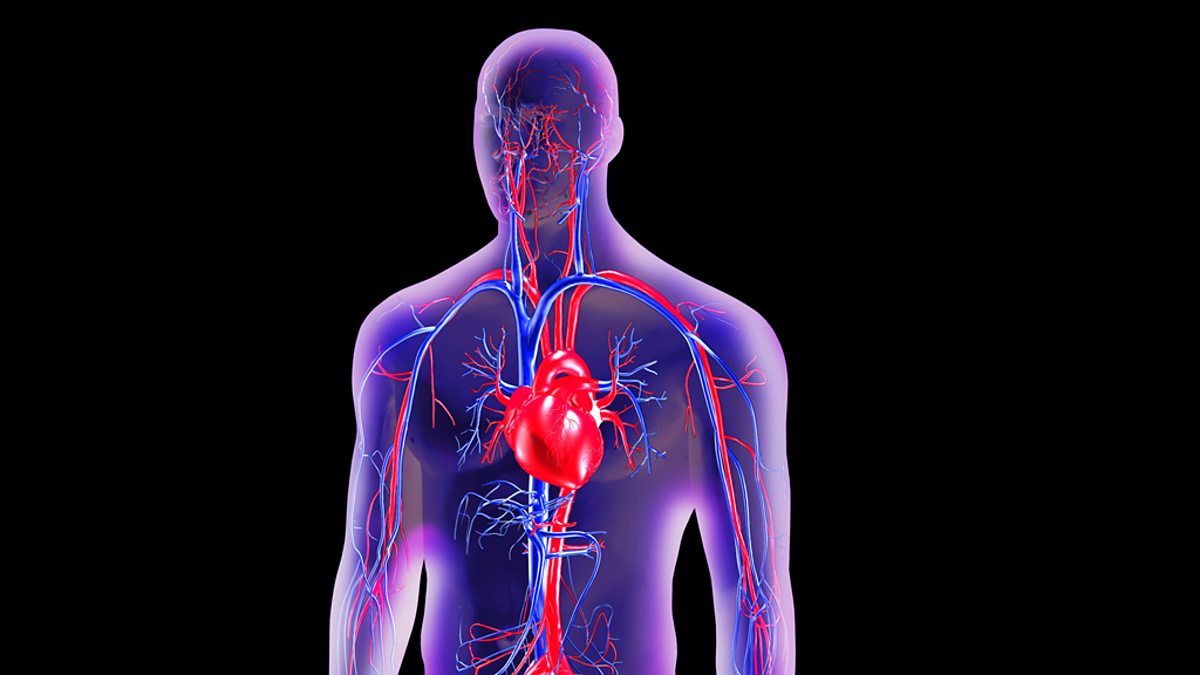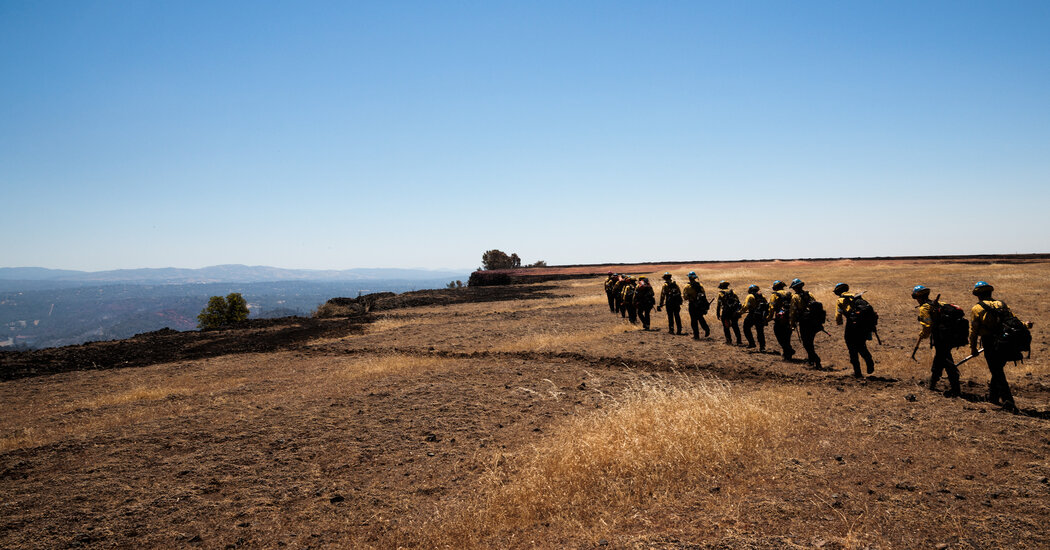JAMB Literature In English Syllabus For 2023: Is JAMB Syllabus Literature In English out for this year’s JAMB?, When will JAMB Literature In English syllabus be out?, JAMB Literature In English Syllabus 2023, What topics do JAMB set questions from in Literature In English the most in JAMB?.

JAMB Literature In English Syllabus For 2023
So many candidates have been asking me to post the latest Literature In English syllabus by Jamb. That is exactly what I have done. See the newly updated Jamb Literature In English syllabus below..
The aim of the Unified Tertiary Matriculation Examination (UTME) syllabus in Literature In English is to prepare the candidates for the Board’s examination. JAMB Literature In English syllabus is designed to evaluate your ability to:
- stimulate and sustain their interest in Literature in English;
- create an awareness of the general principles of Literature and functions of language;
- appreciate literary works of all genres and across all cultures;
- apply the knowledge of Literature in English to the analysis of social, political and economic events in the society.
Below is a detailed list of JAMB Literature in English syllabus/Content
1. Drama
Topics:
- Types:
- Tragedy
- Comedy
- Tragicomedy
- Melodrama
- Farce
- Opera etc.
- Dramatic Techniques
- Characterization
- Dialogue
- Flashback
- Mime
- Costume
- Music/Dance
- Décor/scenery
- Acts/Scenes
- Soliloquy/aside
- Figures of Speech etc
- Interpretation of the Prescribed Texts
- Theme
- Plot
- Socio-political context
- Setting
Study Objectives:
You should be able to:
- identify the various types of drama;
- analyze the contents of the various types of drama;
- compare and contrast the features of different dramatic types;
- demonstrate adequate knowledge of dramatic techniques used in each prescribed text;
- differentiate between styles of selected playwrights;
- determine the theme of any prescribed text;
- identify the plot of the play;
- apply the lessons of the play to everyday living
- identify the spatial and temporal setting of the play.
2. Prose
Topics:
- Types:
- Fiction
– Novel
– Novella/Novelette
– Short story - Non-fiction
– Biography
– Autobiography
– Memoir - Faction: a combination of fact and fiction
- Fiction
- Narrative Techniques/Devices:
- Point of view
– Omniscent/Third Person
– First Person - Characterisation
– Round, flat, foil, hero, antihero, etc - Language
- Point of view
- Textual Analysis
- Theme
- Plot
- Setting (Temporal/Spatial)
- Socio-political context
Study Objectives:
You should be able to:
- differentiate between types of prose;
- identify the category that each prescribed text belongs to;
- analyse the components of each type of prose;
- identify the narrative techniques used in each of the prescribed texts;
- determine an author’s narrative style;
- distinguish between one type of character from another;
- determine the thematic pre-occupation of the author of the prescribed text;
- indicate the plot of the novel; identify the temporal and spatial setting of the novel.
- identify the temporal and spatial setting of the novel
- relate the prescribed text to real-life situations.
3. Poetry
Topics:
- Types:
- Sonnet
- Ode
- Lyrics
- Elegy
- Ballad
- Panegyric
- Epic
- Blank Verse, etc.
- Poetic devices
- Structure
- Imagery
- Sound(Rhyme/Rhythm, repetition, pun, onomatopoeia, etc.)
- Diction
- Persona
- Appreciation
- Thematic preoccupation
- Socio-political relevance
- Style.
Study Objectives:
You should be able to:
- identify different types of poetry;
- compare and contrast the features of different poetic types:
- determine the devices used by various poets;
- show how poetic devices are used for aesthetic effect in each poem;
- deduce the poet’s preoccupation from the poem;
- appraise poetry as an art with moral values;
- apply the lessons from the poem to real-life situations.
4. General Literary Principles
Topics:
- Literary Terms: foreshadowing, suspense, theatre, monologue, dialogue, soliloquy, symbolism, protagonist, antagonist, figures of speech, satire, stream of consciousness, etc., in addition to those listed above under the different genres.
- Literary principles
- Direct imitation in play;
- Versification in drama and poetry;
- Narration of people’s experiences;
- Achievement of aesthetic value, etc.
- Relationship between literary terms and principles.
Study Objectives:
You should be able to:
- identify literary terms in drama, prose, and poetry;
- identify the general principles of Literature;
- differentiate between literary terms and principles;
- use literary terms appropriately.
5. Literary Appreciation
Topics:
- Unseen passages/extracts from Drama, Prose, and Poetry.
Study Objectives:
You should be able to:
- determine literary devices used in a given passage/extract;
- provide a meaningful interpretation of the given passage/extract;
- relate the extract to true life experiences.
Recommended:
-
- Free jamb past questions for biology
- Free jamb past questions for chemistry
- Free jamb past questions for English
- How To Change of Course/Institution In Jamb caps
- JAMB Mathematics Syllabus
- JAMB Recommended Literature In English Textbooks
List Of Selected African & Non-African Plays, Novels, And Poems
1. Drama
- African:
- Frank Ogodo Ogbeche: Harvest of Corruption
- Non-African:
- William Shakespeare: Othello
2. Prose:
- African:
- Amma Darko: Faceless
- Non-African:
- Richard Wright: Native Son
3. Poetry:
- African:
- Birago Diop: Vanity
- Gbemisola Adeoti: Ambush
- Gabriel Okara : Piano and Drums
- Gbanabam Hallowell: The Dining Table
- Lenrie Peter: The Panic of Growing Older
- Kofi Awoonor: The Anvil and the Hammer
- Non-African:
- Alfred Tennyson: Crossing the Bar
- George Herbert: The Pulley
- William Blake: The School Boy
- William Morris: The Proud King
Recommended Texts For Literature In English
1. Anthologies
- Gbemisola, A. (2005) Naked Soles, Ibadan: Kraft
- Hayward, J. (ed.) (1968) The Penguin Book of English Verse, London Penguin
- Johnson, R. et al (eds.) (1996) New Poetry from Africa, Ibadan: UP Plc
- Kermode, F. et al (1964) Oxford Anthology of English Literature, Vol. II, London: OUP
- Nwoga D. (ed.) (1967) West African Verse, London: Longman
- Senanu, K. E. and Vincent, T. (eds.) (1993) A Selection of African Poetry, Lagos: Longman
- Soyinka, W. (ed.) (1987) Poems of Black Africa, Ibadan: Heinemann
2. Critical Texts
- Abrams, M. H. (1981) A Glossary of Literary Terms, (4th Edition) New York, Holt Rinehalt and Winston
- Emeaba, O. E. (1982) A Dictionary of Literature, Aba: Inteks Press
- Murphy, M. J. (1972) Understanding Unseen, An Introduction to English Poetry and English Novel for Overseas Students, George Allen and Unwin Ltd.
In Conclusion
It is advisable you go through these topics listed here, as they would help you have a more directed preparation and reading for JAMB Literature In English .
If you found this article useful, please share and leave a comment behind. Your comments are very useful. We want to serve you better.





